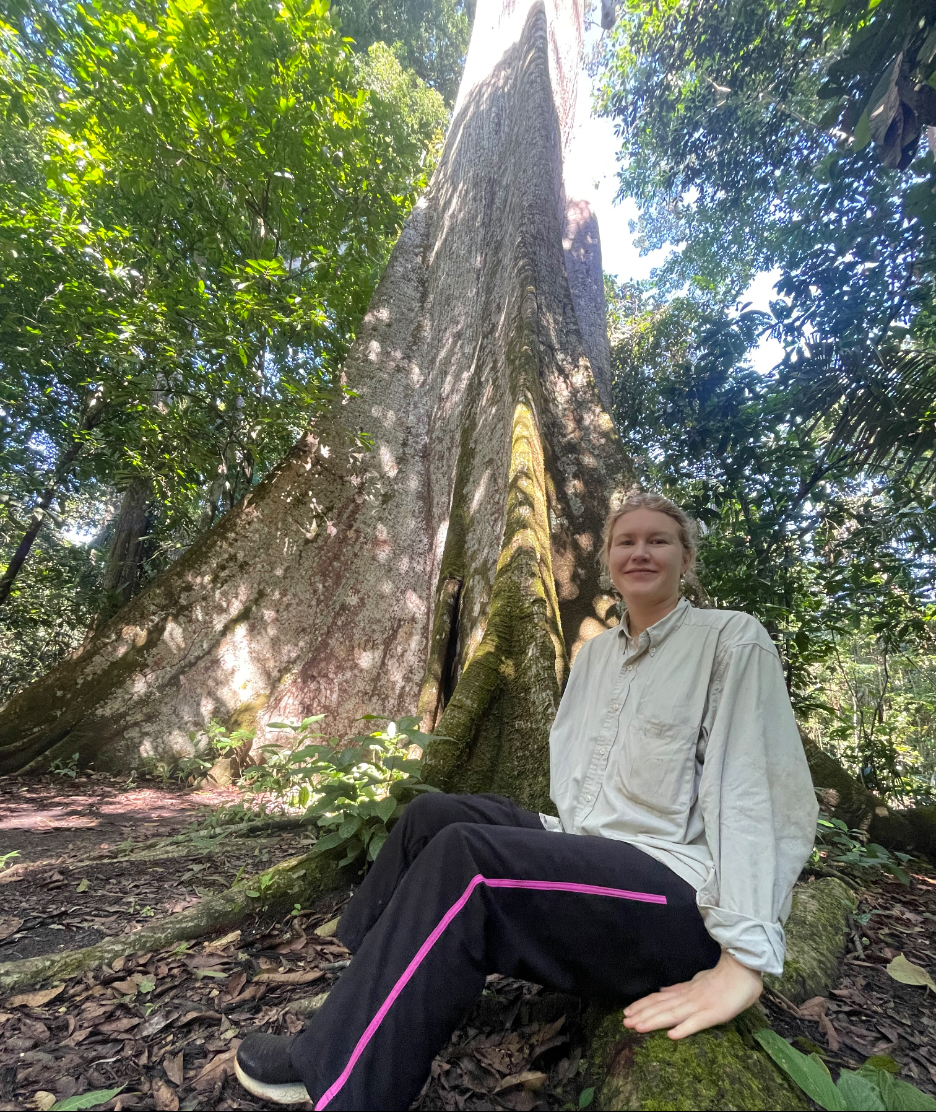
"When farmland is abandoned and allowed to return to nature, forests and grasslands naturally regrow and absorb carbon dioxide from the atmosphere-helping fight climate change. However, a new study in the journal Global Biogeochemical Cycles, led by scientists at Columbia University, reveals an important wrinkle in this story: these regenerating ecosystems also release other greenhouse gases that reduce some of their climate benefits. The good news? Even accounting for these other gases, letting land regenerate naturally still provides important climate benefits compared with keeping it in agriculture."
"Lead author Savannah S. Cooley, a research scientist at NASA Ames Research Center and a recent PhD graduate of Columbia's Ecology, Evolution and Environmental Biology program, and her team of co-authors analyzed data from 115 studies worldwide to understand how forests and grasslands affect the climate through three key greenhouse gases: carbon dioxide, methane and nitrous oxide. While previous research focused mainly on carbon dioxide absorption by growing trees, this study examined a more complete picture."
""Forest regeneration cannot replace cutting fossil fuel emissions," Cooley said. "While regenerating forests help fight climate change, they provide a fundamentally different type of climate benefit than reducing emissions from burning coal, oil and gas. Policymakers must pursue both strategies simultaneously rather than using forest restoration as an excuse to delay emissions reductions," she added."
When farmland is abandoned, forests and grasslands regrow and absorb carbon dioxide from the atmosphere, removing atmospheric carbon. Regenerating ecosystems typically absorb only small amounts of methane but release nitrous oxide at rates that create a net warming effect when considering methane and nitrous oxide together. Carbon dioxide uptake by growing vegetation outweighs that combined warming in most ecosystems, often even after 100 years. Data from 115 studies worldwide quantified carbon dioxide, methane, and nitrous oxide fluxes during regeneration. Natural ecosystems produce much lower greenhouse gas emissions than agricultural land, yielding clear climate benefits from regeneration compared with continued agriculture.
Read at State of the Planet
Unable to calculate read time
Collection
[
|
...
]